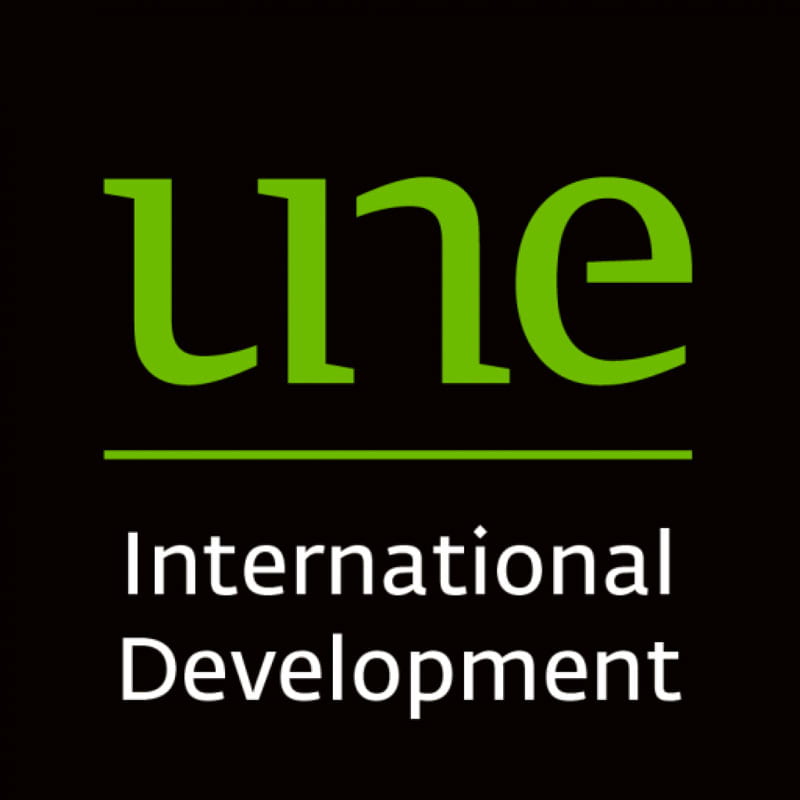Congratulations to UNE PhD Research Fellow Md Sohel Rana who recently won the cash prize of $3,000 from the Poultry Hub Australia’s Chook Chat Hack for his solution to helping next-gen poultry deliver food security. Watch his winning video submission here.
Pre-emptive measures in the field of poultry and egg production are a response to what researchers have coined as an impending ‘Egg Crisis’. According to the Food and Agriculture Organisation of the United Nations (FAO), the world population will surplus 9.1 billion, and the agricultural foods demand will be increased over 60% by 2050. At such a demand a dire forecast follows that the world’s agriculture system will be insufficient to supply enough for a growing population.
Sohel has put forward the hypothesis that efforts to extend the laying cycle of chickens, rather than increase the laying flocks themselves could prove to be a more effective and promising goal to meet this crisis. Concentrating on increasing the laying duration of chickens mitigates the financial investment and environmental consequences of merely trying to increase flocks.
Sohel proposes a holistic approach that centres on the relationship between a chickens bone health and laying cycle. In short, measures to ensure optimal bone development of pre-sexually matured chickens as well as maintaining this health by strategic feeding times as well as supplementation of UVB light could have the potential to prevent or delay the bones being weakened towards the end of the hens laying cycle.
This hypothesis has roots in Sohel’s current CSIRO project that studies hen ranging behaviour, physiology, and production in relation to lights and ultraviolet intensity. The potential benefits of this research could benefit not only marginal and small-scale farmers, but the egg industries of countries worldwide.
Sohel’s journey as a PhD fellow began in May of 2019 with his first trip abroad to study here at UNE. After overcoming the initial loneliness of relocation with the help of colleagues at UNE and friends in the community he was able to settle into his research. However, the global Covid-19 pandemic has understandably brought some emotional distress as border restrictions have prevented his spouse from joining him here in Australia.
On his goals here at UNE and beyond Sohel shared:
“My goal is to develop new technologies for sustainable layer production systems by improving laying hen behaviour and welfare during my fellowship.
Upon successful completion of my PhD, I will return to my home country and resume in my professional career in the Ministry of Fisheries and Livestock, and thereby I will share my updated knowledge with the scientist, academics and students as well as disseminate my acquired technologies in the field level. I am passionate about creating potential dimensions for welfare-friendly sustainable egg production systems.”



